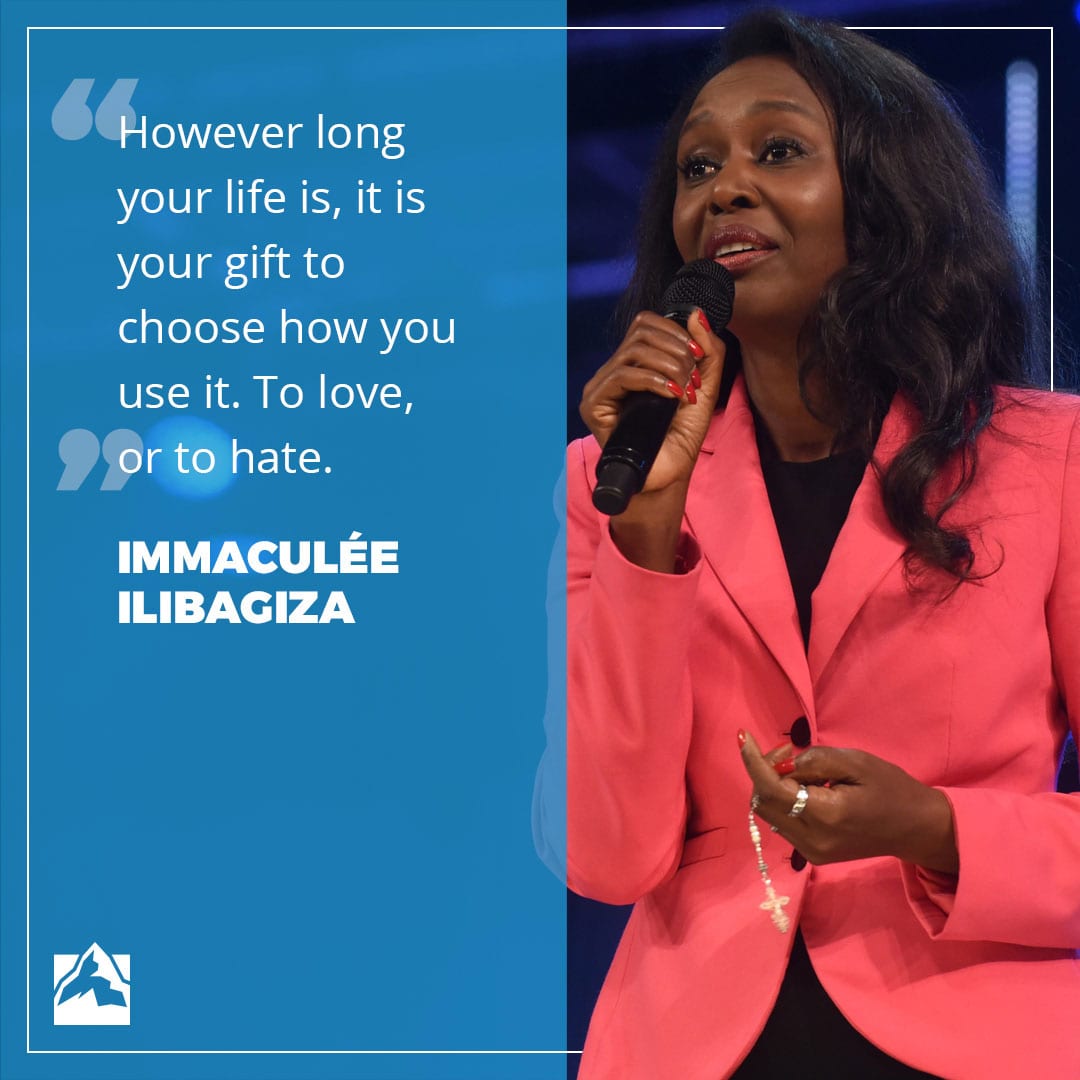
However long your life is, it is your gift to choose how you use it. To love, or to hate.

However long your life is, it is your gift to choose how you use it. To love, or to hate.

At last year’s Summit, I wanted to stand up and scream, “Preach it, Sister!” as I heard Juliet’s presentation on WhiteSpace. She was not only giving very helpful advice, but also a mini-seminar on neuroscience and performance.
Let me explain.
We all know the experience of being overwhelmed by information, workload, emails, response-time-expectations and the like. It just never stops.
There is a reason for that feeling. And it’s way past just having too much to do and too many people needing something from you.
With constant bombardment for attention, your brain gets tweaked…literally.
Your brain is designed to be able to give its best thinking, creativity, energy and judgment in a very complex way that allows you to both focus and deliver.
All that great brain power is fueled by the energy of a neurochemical network that makes it function well.
So far, so good…until….
When you have two factors—1) too much stuff for 2) too long—your brain gets both overwhelmed and tired. Your brain has more than it can process and it runs out of the energy needed to accomplish its work. This is especially true if your work requires prioritization and decision-making, because these tasks take increased processing speed and energy.
When you get to that point of “too much or too long,” your brain can stall. Think of a time when you had too many programs running on your computer and it just stalled with that spinning wheel looking back at you defiantly.
Nothing is happening. And if it is, it is not happening fast.
You may even get a message that says, “This program had to quit unexpectedly and shut down.” It literally had too much to do and could not focus.
Your brain is just like that.
Too much and too long, combined with too hard, equals a slow down or even a shutdown.
As Juliet spoke about creating WhiteSpace, she was telling us that we have limits and we should not try to act as if we don’t. This is not only good performance science, it is good theology.
Rest, or WhiteSpace, is built into the very Created Order. God rested. He Sabbath-ed and commands us to do the same. He built the need for rest into every aspect of the creation.
Muscles need a day of rest after a workout in order to grow to the next level. A meal must be metabolized in order to be used by the body. Fields must lie fallow in order for fertility to be restored and the next good season of crops to appear. People need sleep to rebuild capacity…on and on.
But, in today’s 24/7 connectivity, as I wrote in, One Life Solution, we have lost the boundaries of time and space through technology.
You used to go to work for a certain number of hours and then you were off and unavailable. You left the building and went home and no one could bother you until the next allotted time when you went back to your workspace.
Now, your boss, client, employee, team member, dysfunctional extended family member or anyone else can find you anytime and anywhere.
Time and space boundaries are gone.
Plus, any one of those people can interrupt you while you are working. Your kids can text you in a meeting and demand your attention while you are supposed to be giving your attention to work. And your boss can reach you at the dinner table or on a date night.
All of this leaves us overwhelmed—both in the quantity of demands coming our way and in our ability to give each demand optimal thought and focus.
The brain gets more and more depleted. And as the brain gets depleted, it affects other systems like sleep and immune-functioning.
God’s design—with cycles of rest and productivity—remains the optimal cycle for every area of creation.
We must build WhiteSpace into our lives in order to perform at our best.
In fact, research has shown that the highest performers in life have a pattern of not being “on all the time.” They have patterns of full-out-engagement followed by periods of total full-out-disengagement. The best of the best function this way in every field.
So, even if you believe you can multi-task, and keep doing so for long time periods, it is just not true.
Give your brain (and your heart, mind and soul) the rest that God designed for you.
Take Juliet’s advice on creating WhiteSpace throughout your day and life. You will find that this thing called Sabbath-ing, or resting, is the way you are designed to be your best.
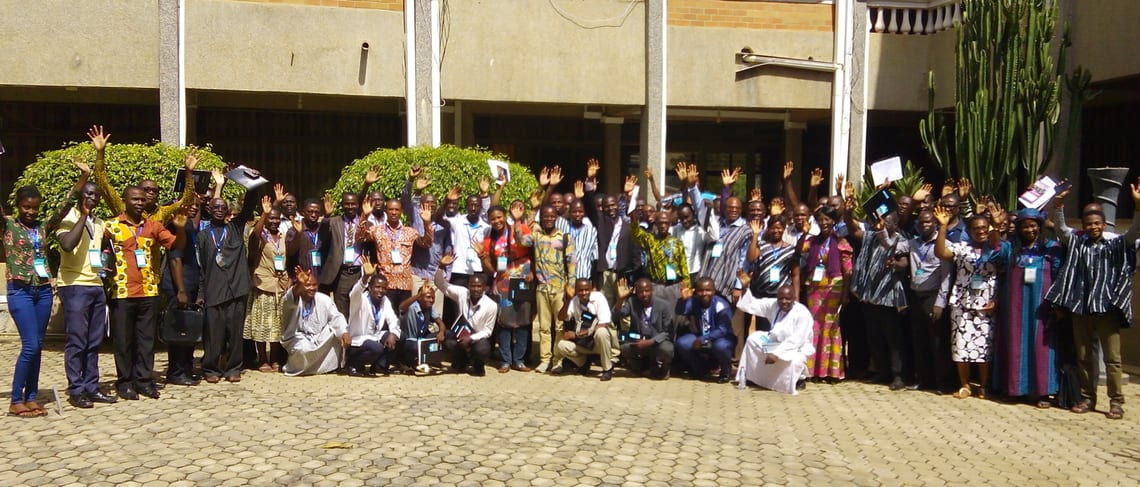
When Philip Tutu, country director for The Global Leadership Summit in Ghana, first brought the GLS to his country, he didn’t know what to expect. He thought it would be a small event, maybe a few hundred people. But to his surprise, and the surprise of his team, nearly 1,000 people showed up. In a matter of a few years, the GLS is now hosted at 10 sites in eight cities, serving more than 7,500 people in Ghana in the 2017/2018 season.
How does something like this happen? How does a country like Ghana, which had never before heard about the GLS, bring in so many people?
Philip believes there are three reasons for this in Ghana specifically, but also for all of Africa, and the outcomes have been transformational.
“The crisis in Africa is that leadership is a challenge,” says Philip. “So whenever people hear about leadership, they want to learn more. People have a hunger to grow.”
Philip explains that African leadership tends to be about position, power and title. “Anytime a story is told about Africa, we hear about things that are not going well,” says Philip. “The stories are about war, famine and disease. Our biggest challenges come from corrupt leadership. We have leaders who are very selfish. But with The Global Leadership Summit, people come to understand leadership is not tied to position; it’s about changing your life and becoming a person of influence. That is a driving force for the Summit in my country. People come and are willing to listen.
“Last year our theme was, developing your leadership to bring about social transformation. At the time, we were just about to get into election. So people who desire just leadership were willing to come to the GLS and hear what it was all about.”
Before Philip became a country coordinator for the GLS, he was serving with a national Christian movement to evangelize Ghana. In his role as a leadership trainer, he was able to connect with pastors and leaders from all denominations and organizations in Ghana. This gave him a great opportunity to invite this diverse community of believers together to attend the GLS, and address the needs of the country.
The GLS has become a network of Christians who have come together around a vision to end corruption, and transform their communities. “My heart wants to see zero corruption,” says Philip. “When leaders receive resources, I want to see them use those resources for the best of the people. That is my greatest vision and passion for the GLS in Ghana. It is the cry of my heart that people will live and work with what God has given to them for the sake of the people. And when they go to the bed at night, they know they have served this generation.”
Philip has two favorite stories about the outcome of the GLS in Ghana. This is what happens when leaders stepped up to bring transformation into their sphere of influence:
A school is transformed
A school headmaster of 13 years attended the GLS. When he returned to his school, which had never been painted or landscaped, he got to work on transforming the school. Teachers asked him, what really happened here? And he said, I went to a leadership conference and realized that to be a leader of influence, you must create change.
As a result, the kids started doing things differently. The teachers started doing things differently. The whole environment was different.
A hospital is transformed
A medical student who started attending the Summit a couple years ago, recently became a medical doctor. He could have stayed in the big city, making good money, but because of the Summit, he chose to do something different. He chose to go to the remote, highly corrupt part of the country to serve in a dilapidated hospital in much need.
When he got there, the infrastructure was falling apart. People were miserable. Through his initiative, and because he saw a leader as someone who brings change where it’s needed most, he transformed the whole hospital.
Now when people come to the hospital, they don’t want to leave! This doctor could have chosen an easier path, but he wanted to create change for the glory of God. This is the impact of the GLS.
Philip’s vision is being realized in Ghana, “My greatest vision and passion for the GLS in Ghana is to see people who have resources use them for the good of the people. I pray people will live and work with what God has given to them for the sake of the people, and at the end of the day, they know they have given their all to serve others.”
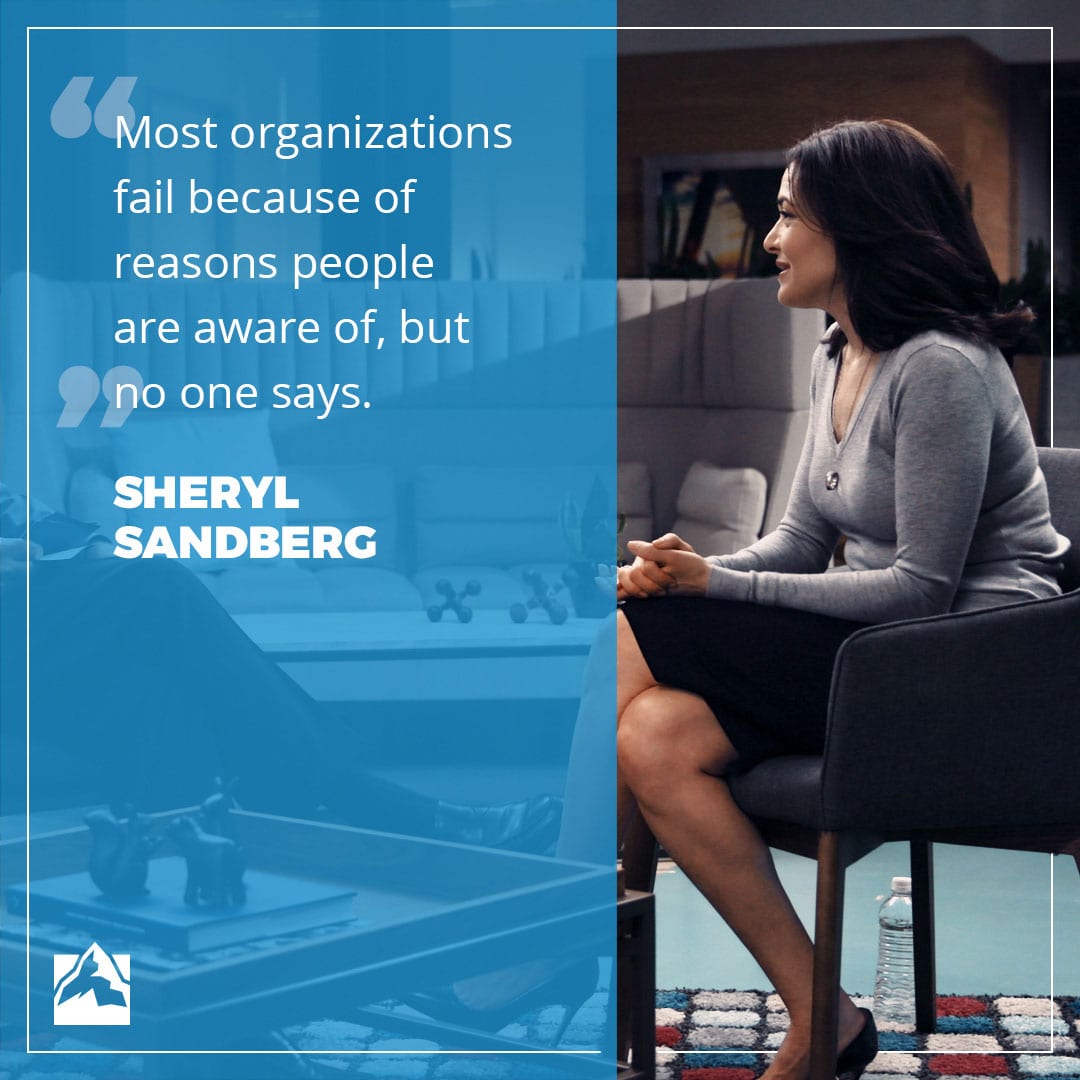
Most organizations fail because of reasons people are aware of, but no one says.
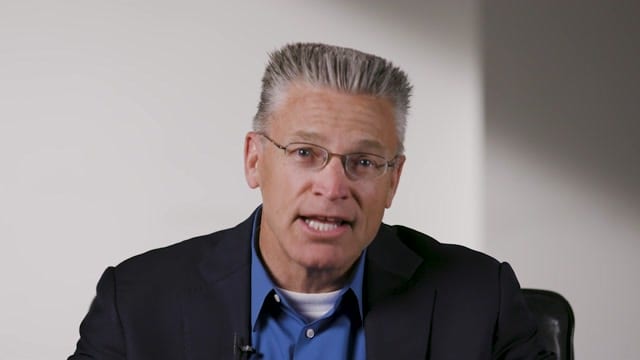
How can you make a demanding job sustainable for the long haul? Gary Haugen talks about boundaries that he has put in place to build maintain work-life balance.
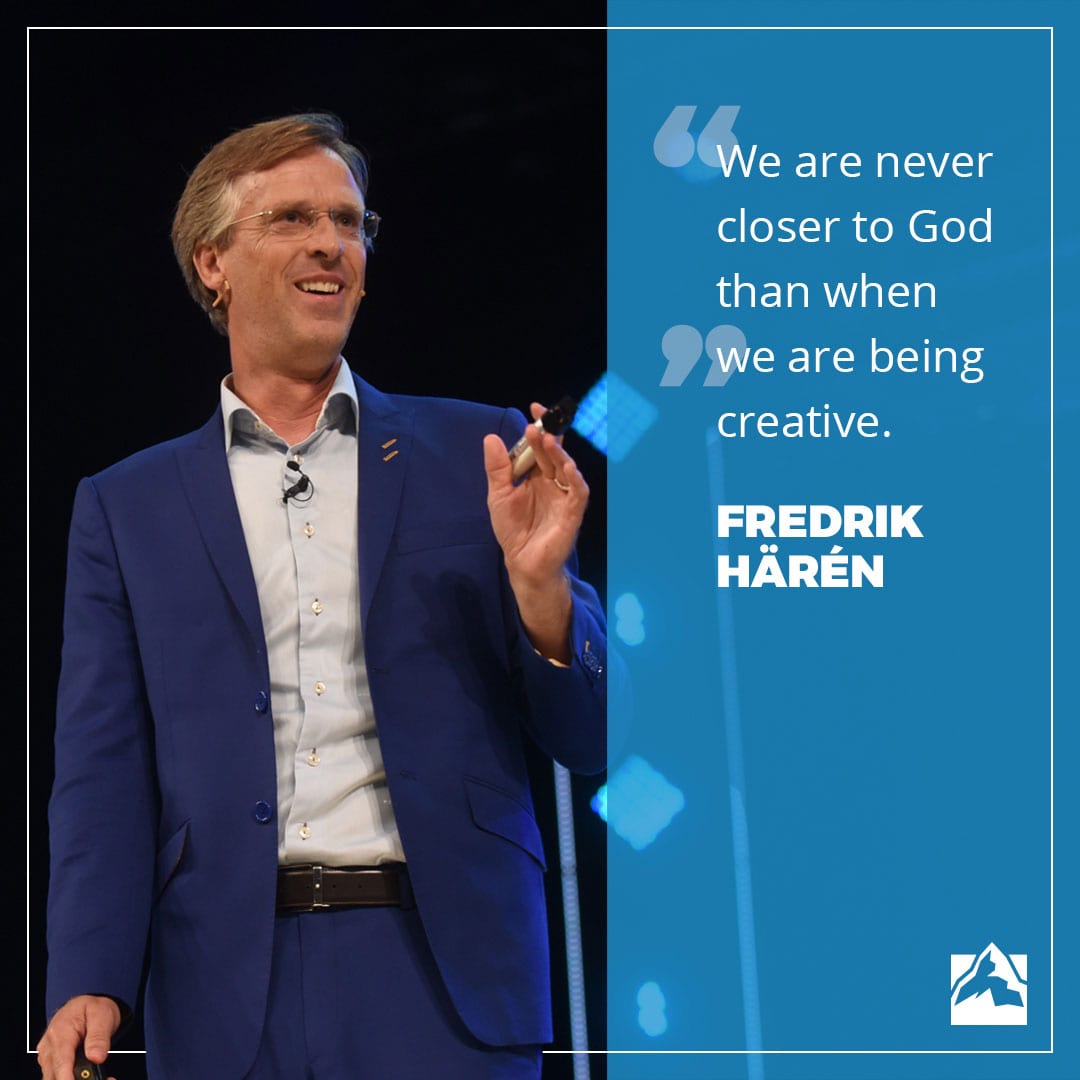
We are never closer to God than when we are being creative.
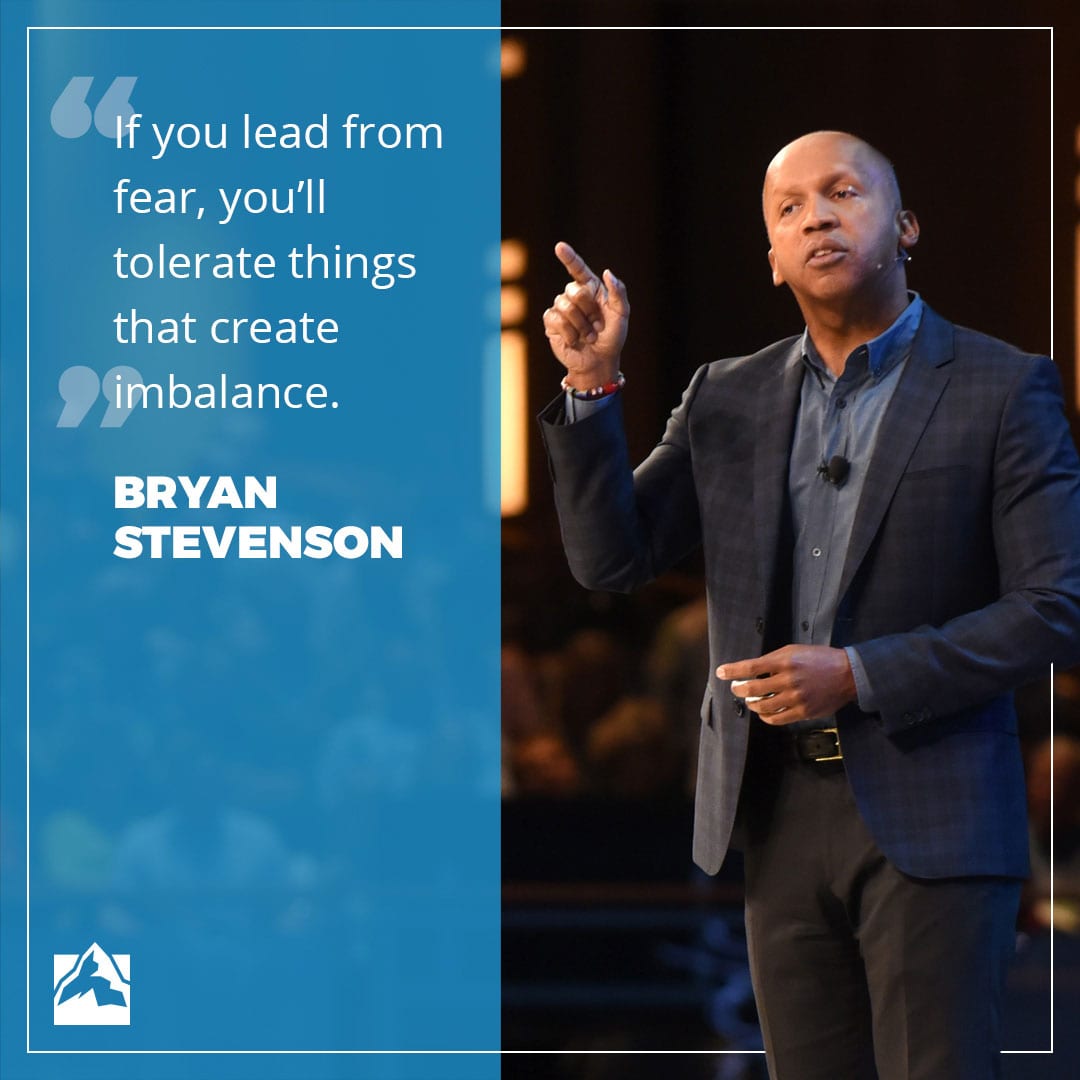
If you lead from fear, you’ll tolerate things that create imbalance.
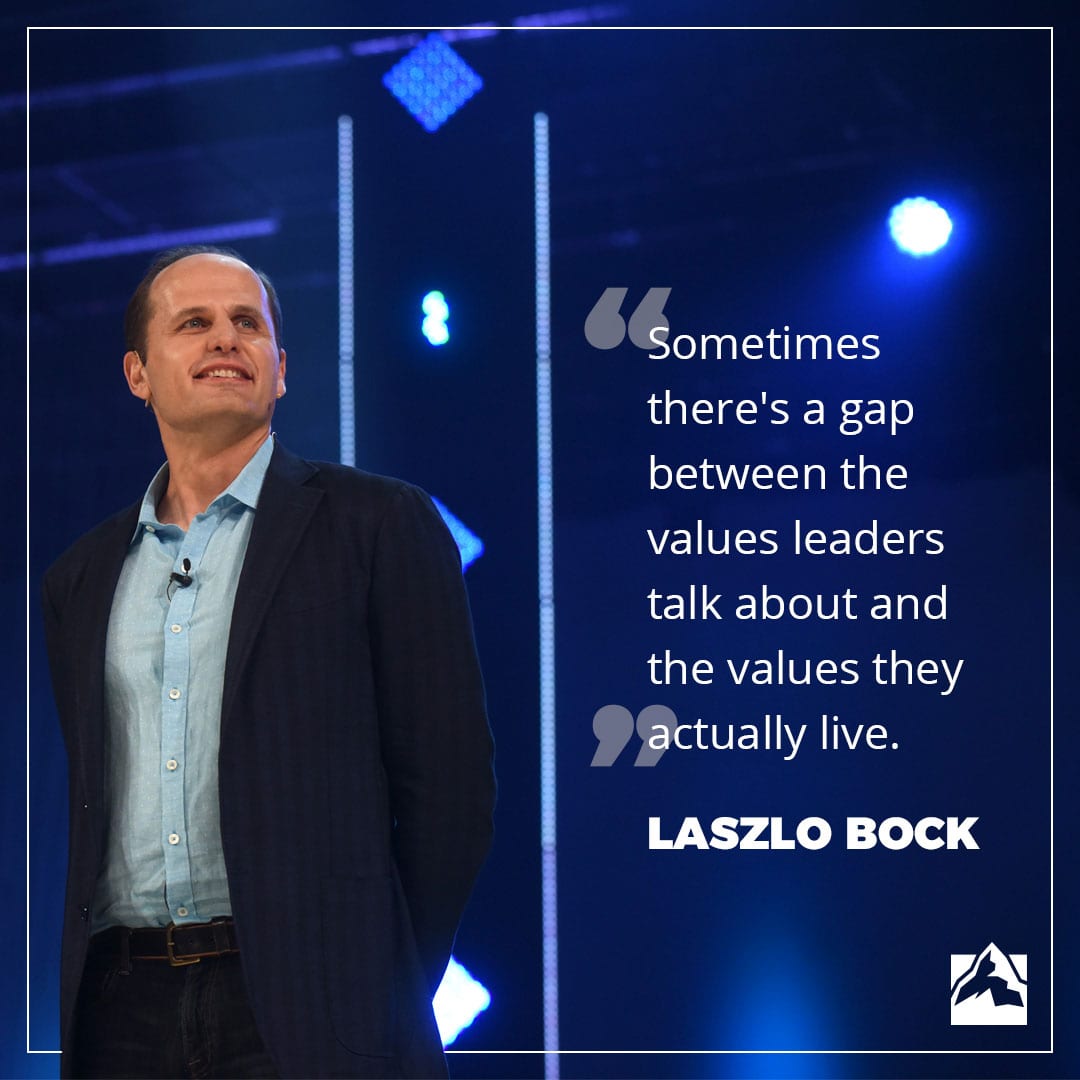
Sometimes there’s a gap between the values leaders talk about and the values they actually live.
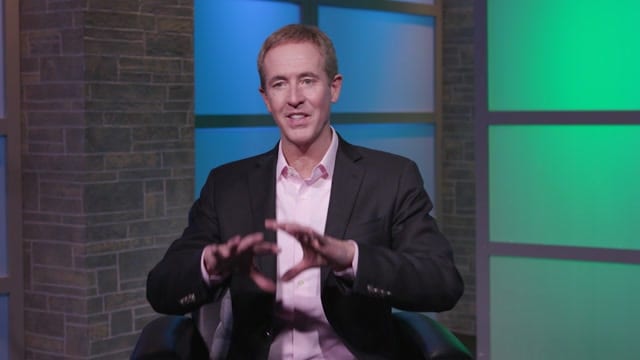
Pastor and leadership expert Andy Stanley talks about the process they use at North Point Ministries to manage the risk inherent in a new venture.

I’ve been humbled a lot lately.
No doubt it’s a helpful remedy for my often prideful sense of self-sufficiency. I suffer from an “I’ve got this” spirit and an “I can fix that” spirit. Different sides of the same coin. Both are rooted in thinking I’m better than I am.
This “self-sufficiency spirit” makes me want to be right when I’m wrong. And it leads me into behavior that is not rooted in who I am when I’m my best self, which is when I live in agreement with God. This living suggests that I’m all sufficient in and of myself. So, it’s necessary when I’m struggling from pride and ego, whether it’s arrogance or desperation, that I apply the remedy—which is always humility.
And humility comes in a variety of postures.
Most recently it has come in the simple acknowledgment of my inability to change things. For the recovery crowd, you will recognize this from the serenity prayer, “…the wisdom to accept the things I cannot change.”
I’ve been thinking about this a lot lately. It’s not just knowing what I cannot change or an acknowledgment that I can’t change some things/people/situations, etc. It’s an acceptance. And to accept things that you can’t change that you want to change, well, that requires (big gulp here) humility.
Humility comes after an honest look at your own insufficiency and a willingness to let go of things. And even better than that, for me, it is the spiritual practice of giving those things, people, situations that I WANT to change and WISH would change and seriously SHOULD change, over to God—who, if I’m honest and humble, I can admit is much better qualified to handle them anyway.
This humbling has resulted in letting go of a lot recently. I’ll share a few areas of this process that might be helpful for those of you who are on this beautiful path of freedom.
1) Letting go of the future.
Trying to control the future is like holding water in your hands. Impossible.
God reminds us of this in His word A LOT. He emphasizes over and over and over again the importance of a “just for today” posture.
A daily practice of putting God in charge of all the things I cannot control. The future is, by definition, completely out of my control. Yours too.
Perhaps it’s time to let go of what you can’t control. Surely, as we learn to practice the letting go of what is ahead of us, it relieves us of fear, anxiety, dread and that constant knot in your stomach that it’s up to you to figure things out.
2) Letting go of being right.
I preached a sermon recently where I used a word from the Greek and explained it wrong. Someone emailed me and another person tweeted me. Both were right and I was wrong. And rather than explain it away or defend my position or get angry with people who just couldn’t cut me some slack, etc., I had to let go of the fact that I “should be right” and just admit that I was wrong and try to correct it the next time.
The humility of admitting I used the word wrong comes with the recognition that I need to be more careful and diligent in my prep work. The one correction led to many more corrections in my preparation process. If I’m honest and humble, it’s going to be helpful to my life. Once I get humble, I can let go of being right and learn something new.
3) Letting go of expectations.
If you are like me, you have a trajectory in your mind of how life will unfold. Maybe it’s because I’m a storyteller, but I like a good narrative. And I have these in my own mind—already drafted—about my own life. People have these for me as well. How things are going to be, or should be.
Expectations creep into our lives and become controllers of our decisions. Expectations (from yourself or from others) are often rooted in fear. And fear is rooted in ego.
Think about this: What if you made all your life decisions with your fear and ego in their own rooms on a timeout?
You don’t need an epic confrontation and to kill your ego with a battle axe shouting, “Freedom” with your face painted blue. Just put them on a timeout in another part of your head/heart/house, and make the decision that is the most exciting, faith-filled, God-inspired one.
Once the decision is made, you can let fear and ego out of their rooms. No doubt you’ll still hear them complain and whine about how they felt excluded from the decision and how terrible everything will be and what will people think, etc., but they would no longer be leading the process.
It takes humility to let go of expectations and trust God with your life.
These are a few humility postures I’ve been practicing, which have reminded me of the terribly beautiful surrender that helps us live as children of God. As hard a season as it’s been to learn and practice this humility in my everyday life, I’ve discovered it’s also been the most faith-filled and exhilarating one.
As I let go of things I can’t control, I am more and more able to trust God with my life and lean into what He has in mind for me today. It becomes much more of an adventure than a resistance training program. Think hike over a treadmill. It’s a refreshingly brisk unveiling of beauty.
With every step, I’m reminding myself, but for the grace of God go I, and I’m grateful.
“We welcome and encourage comments on this site. There may be some instances where comments will need to be edited or removed, such as:
If you have any questions on the commenting policy, please let us know at heretoserve@globalleadership.org”
Recent Comments